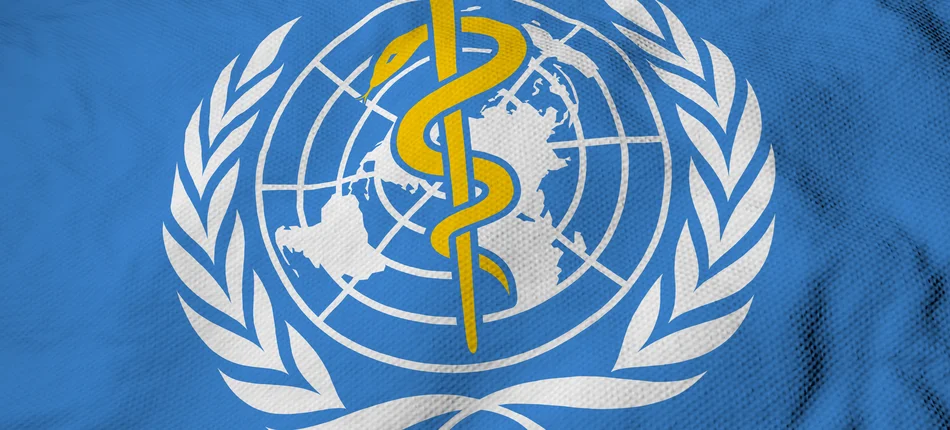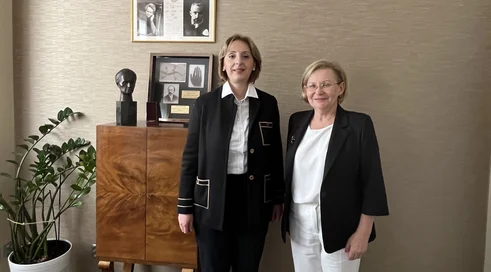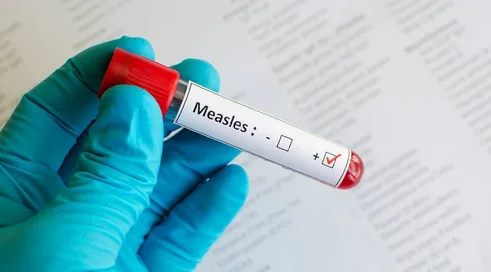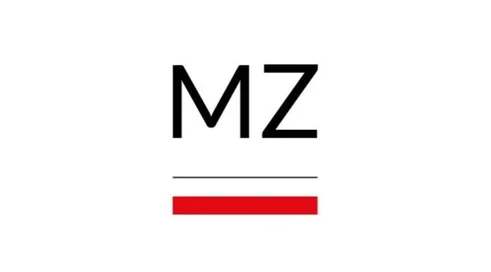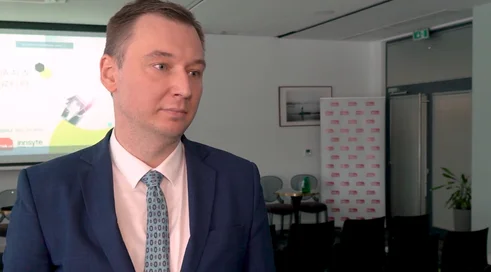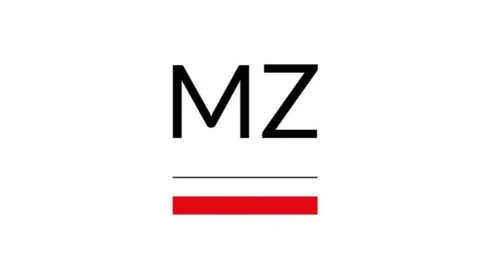According to the National Institute of Public Health - National Institute of Hygiene - National Research Institute (NIZP-PZH-PIB), 36 measles cases were reported in Poland in 2023, mostly in the age group up to ten years old. However, given the high infectivity of measles, once the virus emerges in a community, it can spread there very quickly.
Measles can be potentially dangerous, but it can be completely prevented by vaccination. To be able to prevent the spread of measles after contact with the virus, the immunity of the population must be at least 95%. In every country there are groups of people, and not only among young children, but also among adolescents and adults, who have not been va...
Content locked
To gain access to the complete English section of the Medexpress.pl, kindly reach out to us at [email protected].





